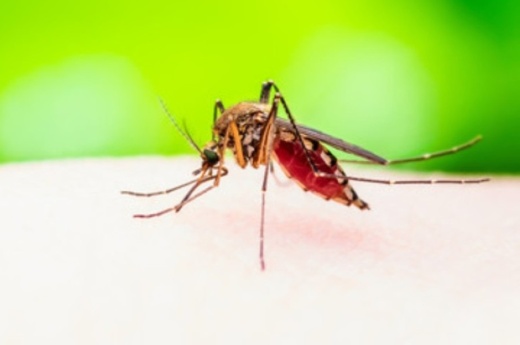The sample was collected from a trap in the Sun City neighborhood along Yellow Rose Trail, the release said, adding in 2020 there have been five mosquito trap pools that returned positive for West Nile virus in Williamson County. West Nile virus is the most common mosquito-borne disease in the United States.
The testing is part of the city's participation in the Williamson County and Cities Health District’s Integrated Vector Management program. The positive test was indicated in lab results received the afternoon of Aug. 12 from the Texas Department of State Health Services lab in Austin.
Georgetown staff will continue mosquito control efforts by treating standing water with larvicide, and the WCCHD will continue enhanced monitoring and testing, along with increased public outreach and education, the release said, adding the city is prepared to take additional action if necessary.
While there have been no incidences of human infection of West Nile virus in Williamson County this year, symptoms of infection may include fever, headache, body aches, a skin rash on the trunk of the body and swollen lymph nodes, the release said. Those age 50 and older and/or with compromised immune systems are at a higher risk for severe symptoms, which may include stiffness, disorientation, coma, tremors, vision loss, paralysis, and in rare cases death.
"Mosquitoes are present in Central Texas year-round, but the population is largest and most active from May through November. During this period, WCCHD monitors the mosquito population and tests for mosquito-borne viruses," the release said.
The most important way to prevent West Nile virus is to reduce the number of mosquitoes where people work and play, the release said, adding health officials strongly encourage everyone to remain vigilant about protecting themselves from mosquito bites and preventing mosquito breeding on their personal property.
"Mosquitoes breed in standing water, needing as little as one teaspoon," it said. "By draining all sources of standing water in and around your property, you reduce the number of places mosquitoes can lay their eggs and breed."





